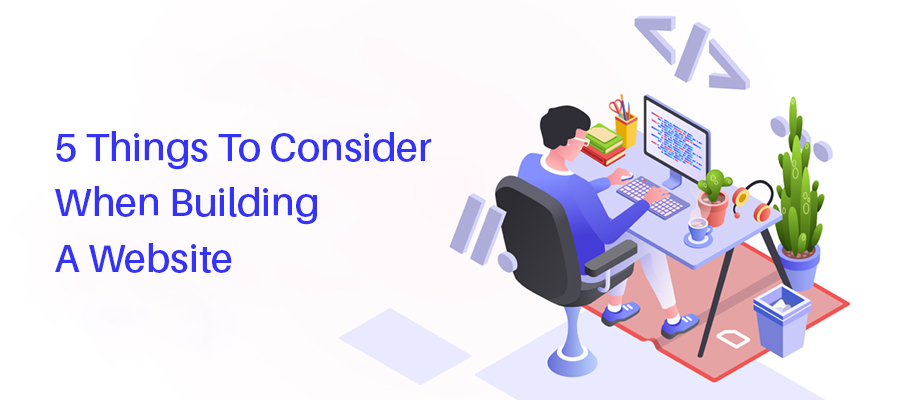Today, every business needs a web presence. Regardless of whether you run an established business or a startup, a website is your virtual storefront and without it, clients no longer take you seriously. Before, launching a website used to be a tedious, technical and domain-expert oriented job, reserved for those with deep pockets or technical expertise. This is no longer true. With more and more people adopting digital marketing strategies, experts have found ways to make website launches easy, affordable and fast.
Even someone with a limited knowledge of web design and development can create a precise, intelligent and aesthetically pleasing website. Depending on your business requirements and budget, websites run the spectrum from cheap, DIY versions to impressive, dynamic and fast-loading websites. Regardless of whether you do the DIY route or hire a proper professional to do the job, here are a few things to keep in mind.
Set goals and plan a strategy
The foremost thing to implement while building a website is to set clearly defined realistic goals. Think strategically about the vision for your website and its purpose. What type of website do you want? What purpose will it serve? How will it attract customers? Plan every detail in a way that makes the implementation process easy.
Decide your target audience
Once your website creation goals are clearly defined, the next step is to decide your target audience. This requires market research and analysis. In order to attract the right audience and get relevant traffic to your website, it is crucial to know your audience and their pain points so you can provide them with the right solutions. Design the user’s journey through your website meticulously.
Prepare sitemaps and wireframes
The strategic planning of your website also includes mapping of the pages that you want to include in your website. Sketching out the map on paper will really help crystallize your visionat an early stage where the stakes (and money spent) are still low – so if you make any mistakes – they will cost you a lot less at this stage. Once you are sure about the mapping, build a low fidelity wireframe that includes the rough flow of your user journey. Then, build a high-fidelity version complete with features and buttons. At every stage, ensure the website is conveying exactly the image you want your business to portray.
Focus on content
Content is at the heart of effective web presence. The content you create and share will help bring more customers to your website. The quality of articles, blogs, descriptions of your website and the content within your website, as well as external content shared on other platforms will determine if customers will stay longer and interact with your brand.
Conduct split testing
Last but not the least, you want to undertake split testing of your website once you get your site up. Also known as A/B testing, spit testing involves using different button colours, headlines, video titles among other controls to see which option gets more interest form users. Split testing of your website is highly recommended, especially if you are trying to build an audience in the early stages where you may not have such an in-depth knowledge about your target market.

